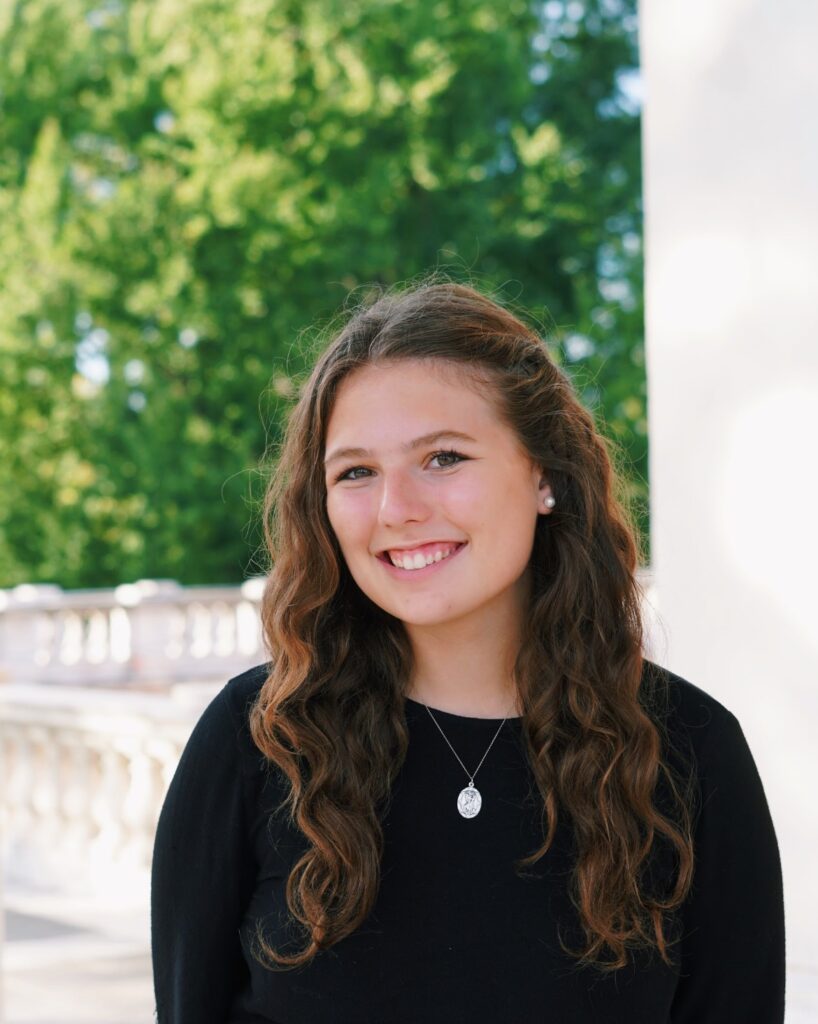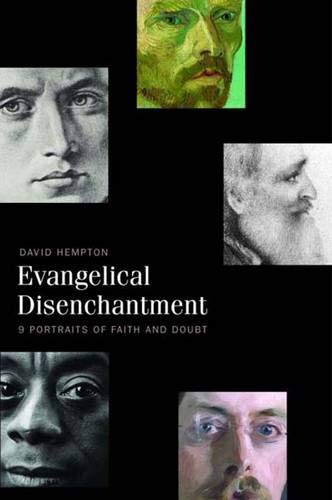Disability Justice in the Church
Amy Kenny, a disabled Christian and Shakespeare Lecturer who “hates Hamlet,” wants to remind the church that it worships as Lord a man whose wounds—or at least their scars—survived his resurrection. While many Christians see disability as something to be fixed, Kenny sees it as a potential revelation of God.
Kenny starts the book by recounting a harrowing encounter she had with a woman who accosted her at a church service with the message that God wants to heal her. Kenny demurred. The woman accused her of a lack of hope and faith. Kenny wants to believe in the good intentions of Christians like this woman. Their understanding of the Bible, however, she flatly rejects. She finds that “churchgoers have been too hasty to dismiss passages of Scripture where disability is celebrated as a blessing or a prophetic witness,” such as when Jesus says it is better to enter the kingdom of heaven disabled than be thrown into hell fully-abled (see Mark 9:43-47).
Kenny’s good humor throughout the book is admirable. Each chapter ends with a top-10 list. Chapter 1, for example, “Disability Curatives,” ends with a list of “Top Ten Recommended Remedies.” Curious? Get the book and be entertained as well as enlightened.
Reviews and endorsements of the publication include:
Amy Kenny’s My Body Is Not a Prayer Request is holy ground. Kenny writes with devastating humor and uncommon depth that will remind readers of Anne Lamott. You will laugh, weep, and fume with rage–all on the same page. The words she writes will matter to you. They will change the way you see–everything. Kenny’s courage to say the things that need to be said is only matched by the skill with which she wields her proverbial pen. All hail this new and necessary voice.
—Lisa Sharon Harper, author of The Very Good Gospel and Fortune: How Race Broke My Family and the World–and How to Repair It All
By times wise and tender, then grab-you-by-the-lapels prophetic truth-telling, Kenny’s passion, anger, and hope for disability justice is utterly embodied. I found this book to be not only a call to justice but an invitation to deep blessing. I will be pressing this book into the hands of every ministry leader I know.
—Sarah Bessey, editor of the New York Times bestseller A Rhythm of Prayer and author of Jesus Feminist
In My Body Is Not a Prayer Request, Amy Kenny describes with wit and candor her experiences as a disabled Christian in worship services and Bible studies, but also in places like the DMV, high school, the doctor’s office, and Disneyland–showing, lamentably, how ableism at church looks just like it does everywhere else. She raises up the way of Jesus to practice holistic healing in the face of ableism’s holistic harms. Drawing from diverse biblical narratives and insights from disability studies, Kenny issues a convicting invitation to the people of God to live up to our deepest values and to stop excluding the necessary gifts of our disabled kindred, for the good of all. I will be giving this book to my disabled and nondisabled friends alike.
—Bethany McKinney Fox, author of Disability and the Way of Jesus: Holistic Healing in the Gospels and the Church
For more information on the publication, click here.



